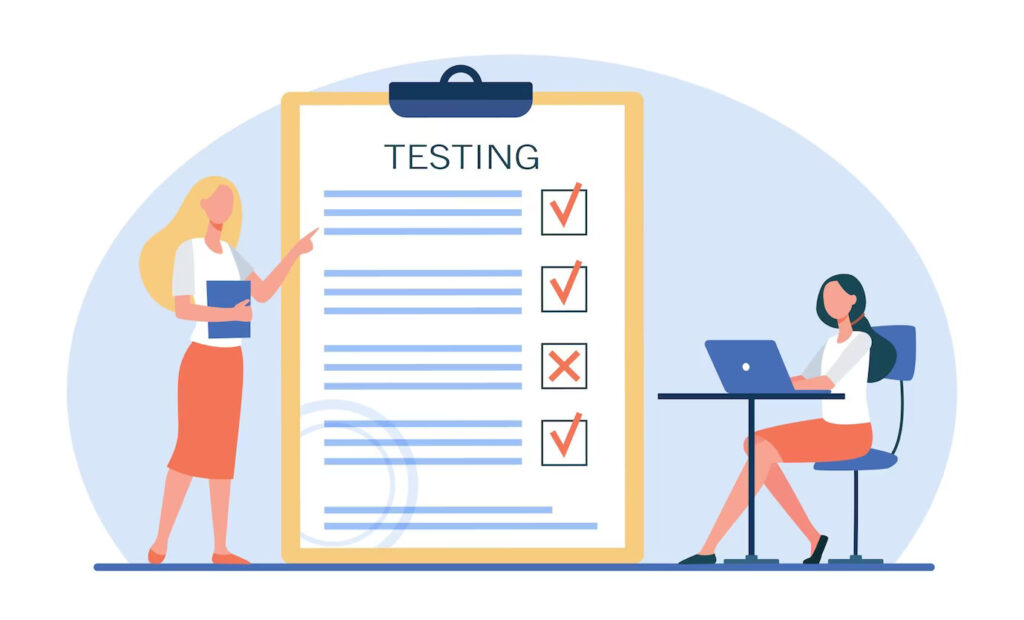Are you tired of studying endlessly for exams, only to find yourself unprepared on test day? Fear not, as the right exam tools can help you succeed. In this comprehensive guide, we’ll cover everything you need to know about exam tools – from digital resources to traditional methods – to ensure that you crush your exams every time!
What are Exam Tools?
Exam tools are resources designed to help students prepare for and take exams. These tools can be digital or traditional and range from software programs to textbooks. They can help students with everything from reviewing content to managing time during exams.
Whether you’re a high school student preparing for final exams or a professional looking to earn a certification, there’s an exam tool out there that can help you succeed. Let’s dive in and explore some of the most popular types of exam tools available today.
Digital Exam Tools
In today’s digital age, it’s no surprise that there are countless digital exam tools available for students. These range from online study aids to apps specifically designed for test-taking.
1. Flashcards
Flashcards have long been a tried-and-true method of studying, but they’ve gone digital in recent years. There are numerous apps like Anki and Quizlet that allow you to create your own flashcards or use pre-made ones. With these apps, you can review material quickly and efficiently, making them perfect for last-minute cramming sessions.
2. Practice Tests
Practice tests are essential exam tools that allow students to gauge their knowledge and identify areas where they need extra practice. Many online platforms like Khan Academy and Coursera offer free practice tests for various subjects. Additionally, many standardized tests like the SAT, ACT, and GRE offer official practice tests online.
3. Digital Note-Taking
Taking notes is a crucial part of studying, but traditional pen-and-paper note-taking can be time-consuming and difficult to organize. Digital note-taking tools like Evernote and OneNote allow you to take notes on your computer or mobile device and organize them easily. These tools also make it easy to search for specific information when reviewing material.
Traditional Exam Tools
While digital exam tools are becoming increasingly popular, traditional methods still have their place in the classroom. Let’s take a look at some of the most common traditional exam tools that students use.
1. Textbooks
Textbooks are still a staple in many classrooms, and for good reason. They’re an excellent resource for reviewing material and understanding complex concepts. Additionally, many textbooks come with practice problems and quizzes that can help reinforce key concepts.
2. Highlighters and Pens
Highlighters and pens may seem simple, but they’re powerful exam tools in their own right. Highlighting important information in textbooks or notes can help you remember key points during exams. Similarly, taking notes with a pen instead of typing them on a computer has been shown to improve retention.
3. Whiteboards
Whiteboards are great for visual learners who need to see concepts laid out in front of them. They’re also perfect for practicing math problems or drawing diagrams. Plus, using a whiteboard allows you to quickly erase mistakes or start over if needed.
Tips for Using Exam Tools Effectively
Now that we’ve covered some of the most popular types of exam tools, let’s discuss how to use them effectively.
1. Start Early
Don’t wait until the last minute to start using exam tools. Instead, incorporate them into your study routine early on so that you have plenty of time to review materials.
2. Mix It Up
Using the same study method over and over again can become tedious, making it harder to retain information. Instead, mix up your study routine by incorporating different types of exam tools.
3. Focus on Weaknesses
Identifying areas where you struggle is crucial to exam success. Use exam tools to focus on those areas and practice until you feel confident.
4. Take Breaks
Studying for long periods without breaks can lead to burnout and decreased retention. Make sure to take regular breaks when using exam tools to keep your mind fresh.
In conclusion, using the right exam tools can make all the difference in your academic or professional success. Whether you prefer digital resources or traditional methods, there’s an exam tool out there that can help you achieve your goals. Don’t be afraid to experiment with different types of exam tools and find what works best for you!
References:
https://www.khanacademy.org/
https://www.coursera.org/
https://apps.ankiweb.net/
https://quizlet.com/
https://evernote.com/
https://www.onenote.com/




